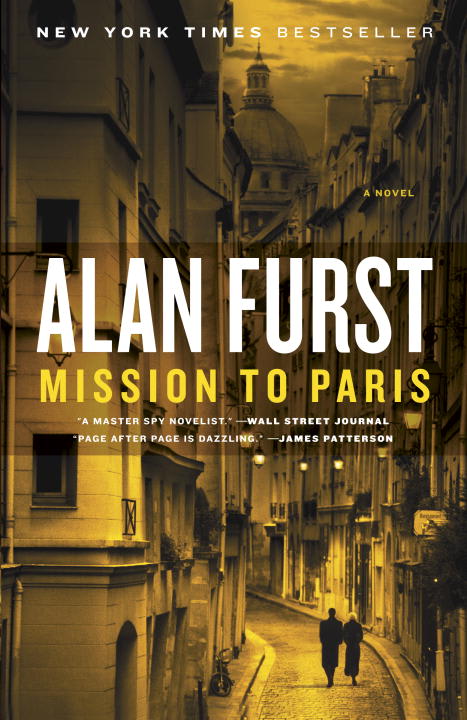
It is this steadily mounting sense of threat and peril which is reminiscent of the powerful mood of the first books in the series. Nazi menaceīut in Mission to Paris the hero becomes enmeshed in a web of intrigue that doesn’t let up, but draws him deeper and deeper into peril – in which the Nazis who are tracking him systematically crowd into every part of his life, at first just requesting favours, then threatening vague reprisals, then physical violence and eventually he finds himself running for his life. They felt episodic, only intermittently featuring violence which gave any sense of real danger. The previous two or three books in the series featured interesting hero figures – Carlo Weisz, Jean Mercier, Costa Zannis – who had sporadic undercover adventures, but then tended to return back to the safety of their hotel rooms or apartments for a good kip and some sensual sex with their lady of the moment – before setting out on another adventure, and so on.

This one is something of a return to the brooding intensity of his debut, Night Soldiers, with a real sense of growing menace and threat until almost the last pages.


The very strong love elements in Furst’s novels make them as much romantic novels as historical or spy thrillers. This is the twelfth of Alan Furst’s historical espionage novels, all set on continental Europe in the late 1930s or early years of World War Two, in which fairly ordinary European men find themselves caught up in cloak and dagger activities, but are generally consoled by sensuous love affairs with one or more willing young ladies. When you are in Paris, you have to make love to somebody.


 0 kommentar(er)
0 kommentar(er)
